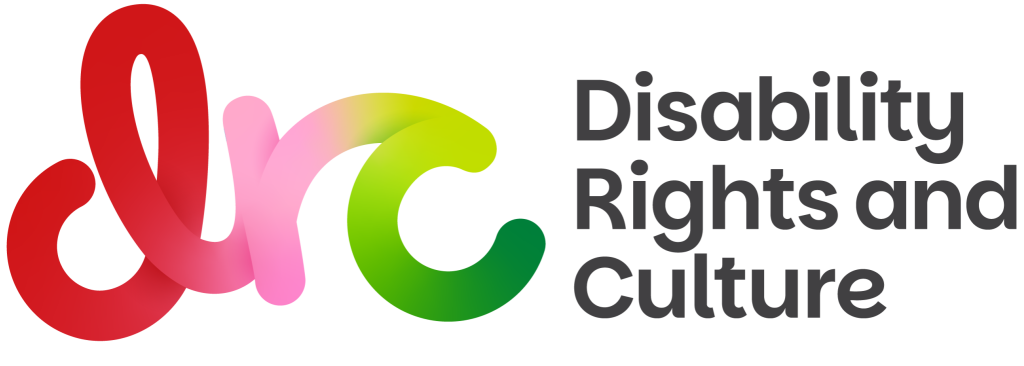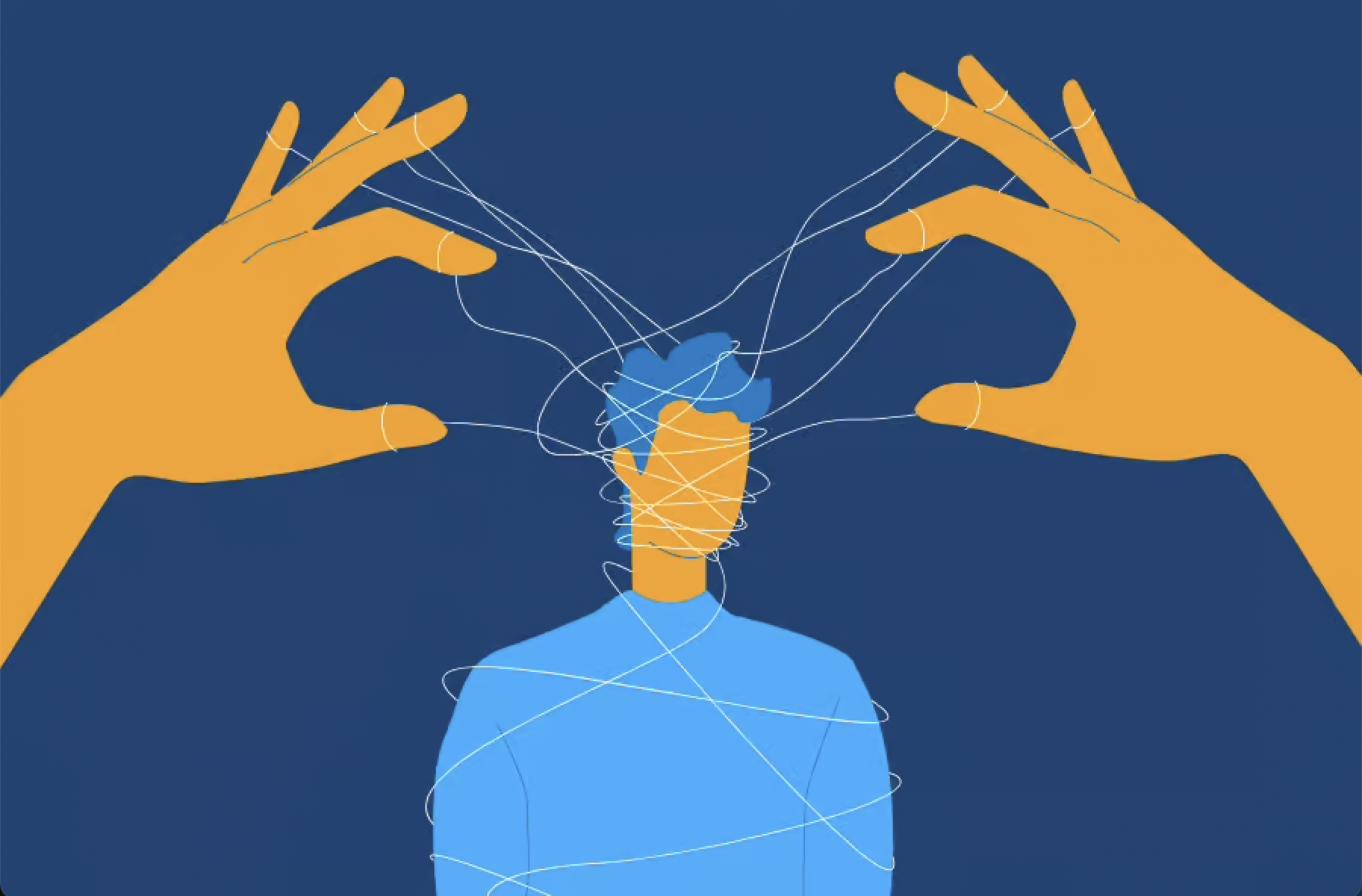Experiencing medical gaslighting? Here’s how you can take back control through preparation
It can be really challenging when you experience medical gaslighting. Not feeling heard or being believed can be crushing. You might wonder: what can I do?
The good news is that preparation can go a long way when it comes to getting the best out of your medical appointments, including what you can do when you’ve been dismissed or ignored by doctors.
Let’s be clear: it isn’t about being combative. It’s about being ready. Being prepared helps you hold the power that gaslighting tries to take away. So here is what you can do to help.
Before the appointment
Preparation means setting yourself up for a good appointment. Start with symptom tracking. Write your symptoms down in as much detail as you can, even if it’s retroactive. When did the symptoms start? How long do they last? What makes them better or worse? Use a notebook, a free symptom-tracking app like Bearable, or a digital option like Google Docsor Notion. The important part is having a record you can bring to your appointment that makes your health harder to dismiss.
Pull together your medical snapshot too. This includes what medications or supplements you might be on, your allergies, test results, referral letters, reports, and anything else that might help show your health and its impact. Don’t assume your doctor can see everything because, for the most part, they can’t.
I, for example, attend several specialist clinics, and it’s only within specific networks like Alfred Health or Western Health that they seem to see what other specialists are doing. Otherwise, they rely on doctors sending updates, and more often than not, those updates only go to your GP. Ask all of your doctors to copy you into correspondence so that you have your own records to add to your files. Having it all in one place saves time and stops important details from being overlooked.
Another underrated tool is community. Join social media groups or forums where people with the same condition share experiences. And if you don’t have a clear diagnosis yet, there are general chronic illness and disability groups like r/ChronicIllness on Reddit, or Facebook groups focused on chronic pain and fatigue, that can be a lifeline. They can give you tips on what questions to ask, what has helped others in similar situations, and how to handle dismissive doctors. Sometimes the best support is simply knowing you’re not alone.
Asking questions that matter
Doctors’ appointments are short. If you go in with a scattered list, chances are you’ll run out of time. That’s why it helps to decide your top three concerns before you walk in. Write them down and put the most important one at the top. The free Healthdirect Question Builder can help you put them into words and print them out, but honestly even a sticky note works.
Use your own language. Don’t feel like you need medical terms. If something feels sharp, heavy, buzzing, weird, say that. Your words are valid. And if your doctor uses terms you don’t understand, stop them. Ask them to explain. Interrupt if you need to. This is your appointment, not theirs.
Practical and emotional support
Sometimes it’s not just the words that matter but the setup. If you know you’ve got a lot to cover, book a longer appointment. If you get overwhelmed, bring someone you trust to back you up. They can take notes, ask questions, and help keep things on track.
If clinics make you anxious, or if you’re attending a new practice, do a test run before your appointment. Figure out the parking, check where the nearest public transport stop is, and make sure you know exactly where to go. There is nothing more stressful than showing up late or being lost in a hospital trying to figure out where you’re meant to be. Trust me, it takes the edge off when the real day comes if you already know the layout. It also means you’re prepared for access needs. I once thought I was clever getting off the tram closer to a specialist building at the Alfred Hospital, only to find the stop wasn’t wheelchair accessible. Thanks to the kindness of others, I managed, but had I not had help, the next accessible stop was quite a distance away.
And if you freeze easily, practice what you want to say beforehand. Some people even write it out and read it in the room. There’s nothing wrong with that.
After the appointment
Don’t let the appointment end without clarity. Repeat back what you heard. Ask yourself the three basics: What’s my main problem? What do I need to do? Why is it important? If you can’t answer those when you leave, you probably need more information.
When you get home, jot down or record everything while it’s still fresh. That way you’ve got a record of what was said, what the plan is, and when to follow up. This can also be helpful if you’re treated poorly or ignored by medical staff: you have written evidence of what happened, which you can use later.
If something doesn’t make sense later, call them back. Book another appointment. Or get a second opinion. Even reaching out to your online community can be a free way to get clarity. What matters is you don’t sit in confusion.
When things go wrong
Even with the best preparation, sometimes the appointment still goes badly. You may feel dismissed or unsafe. If that happens, you have options.
In Australia, you can report registered health practitioners to AHPRA, the Australian Health Practitioner Regulation Agency. Their website has a “Raise a Concern” form that walks you through the process. You’ll need the practitioner’s name, what happened, when it happened, and any evidence you have. That might be test results, referral letters, or your own notes. You can stay anonymous, but giving your name makes it easier for them to investigate.
If you decide to go down that path, keep records of every interaction, dates, times, names, what was said. Ask for confirmation in writing whenever you can. AHPRA can also arrange interpreters or cultural support if you need it. And if what happened crosses into criminal behaviour like assault or fraud, it should go to the police too.
Taking back the power
None of this takes away the fact that the system should be better. Patients shouldn’t have to go in armed just to be heard. But while change is slow, preparation gives you back some control.
This is about shifting the balance. Because your health isn’t an inconvenience, and your story deserves to be believed.
Finding support groups
If you’re looking for extra back-up outside the appointment room, social media can be a surprisingly powerful tool. Try searching Facebook for terms like “chronic illness support,” “invisible illness,” “disability Australia,” or “chronic pain community.” If you already have a condition in mind, add it to your search, for example “fibromyalgia support Australia” or “arthritis support.” If you don’t yet have a diagnosis, stick with broader terms like “chronic illness” or “disability support.”
On Reddit, communities like r/ChronicIllness or r/ChronicPain connect thousands of people navigating similar experiences.
When joining online groups, it’s also worth keeping privacy in mind. These spaces can be incredibly supportive, but remember that not everyone reading is trustworthy. Avoid posting things like your full name, address, or identifying medical documents. Stick to sharing your experiences and questions in ways that protect your personal details, and if possible, choose groups that are private or moderated.
What we can do at DRC
At DRC, we know facing the healthcare system can feel overwhelming, especially if you’ve already experienced medical gaslighting. That’s why we run workshops and peer spaces focused on self-advocacy, building confidence, and sharing tools for navigating appointments. Through Belong, our disability community, you can connect with others who have lived experience and find community support.
We also run Medical Mates, a mutual aid program. This is an opportunity to prepare for, or debrief from, a medical appointment with other disability community members who understand. Medical Mates members may also be able to accompany you to an appointment so that you don’t have to face it alone.
Want to connect more with the disability community and people who get it? Join Belong, our free disability-led network. It’s radically inclusive, and everyone is welcome.
Interested in writing a blog for us? We’d love to hear from you. Get in touch with Zoe@drc.org.au today.

Alison De Moreno is an Afro-Latina queer law student with a professional background in consulting, risk management, and compliance. As a multiply disabled, autistic person with ADHD, she brings valuable lived experience and insight into the barriers disabled people face in education, workplaces, and daily life. She is especially passionate about using policy and law as tools for inclusion and equity, and she hopes to help drive meaningful change through her work with the DRC as Co-Chair of the Board.





